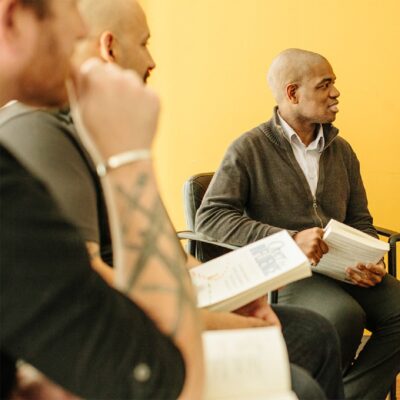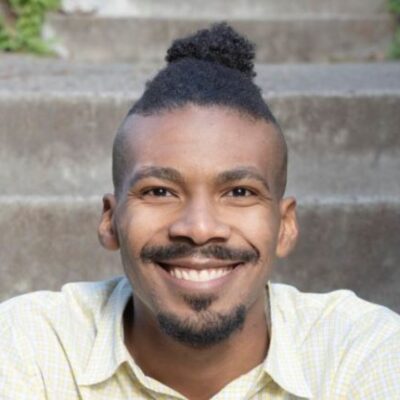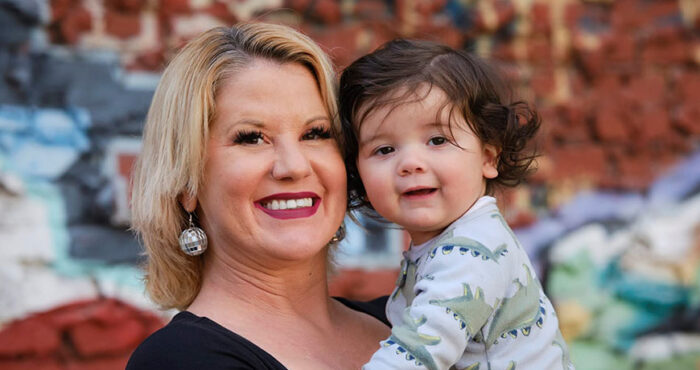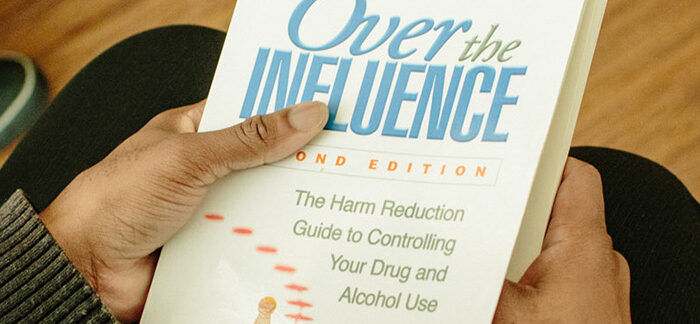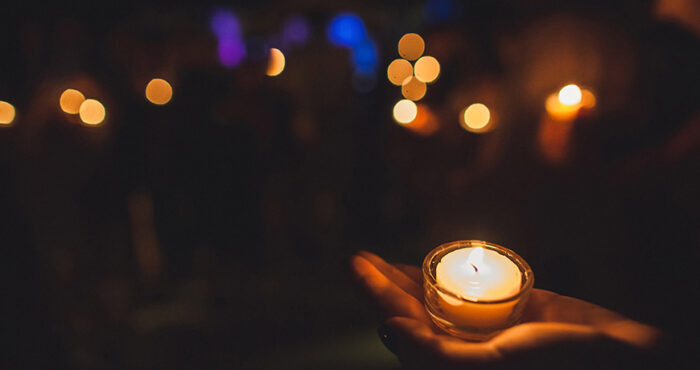How I Discovered Universal Lessons from Recovery Programs
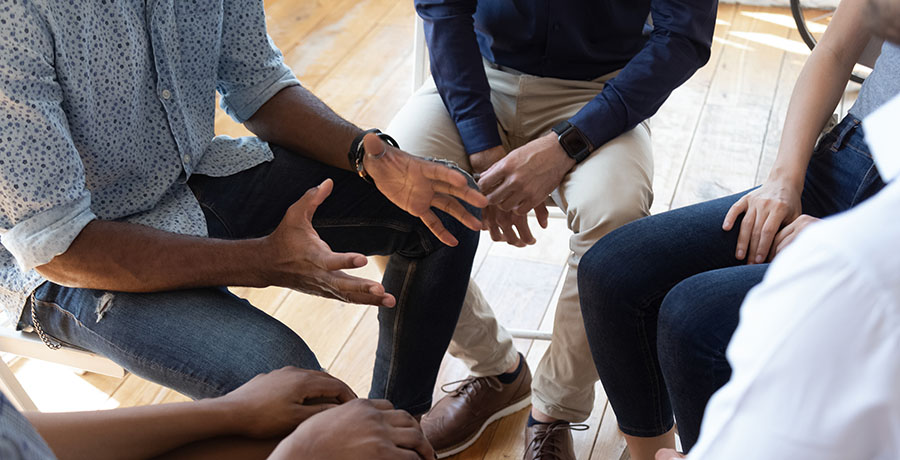
Attending a recovery program meeting was not for me, or so I thought, but I agreed to go for my friend who was staying true to their commitment to live a sober life. I went to offer support, a silent ally in the background.
Taking a seat in the back row of folding chairs, I listened as the room hummed with a collective spirit of resilience, a chorus of stories that, while unique in detail, shared a universal thread of struggle and strength. Through recountings of battles lost and won, of daily recommitments to sobriety, and of small victories that amounted to monumental triumphs, I realized that these principles were not exclusive to the context of addiction.
What shined through with each reflection were the principles of acceptance and gratitude, keystones of the recovery philosophy, which didn’t just apply to overcoming substance dependence; they were foundational blocks for constructing a life of contentment and purpose.
Throughout the hour, I found myself reflecting on my own life, on the vices and habits that I, too, clung to, perhaps not with the ferocity of addiction but with enough tenacity to give me pause. I recognized that everyone has their own battles and that the strength to confront them can come from places we least expect.
Acceptance, as I learned, was the first step—not only in acknowledging the existence of a problem but in embracing the entirety of our life’s journey, with its flaws and imperfections. It was about recognizing that while we may not have control over every circumstance, we do have a choice in how we respond to them.
There, pushing up like weeds in the cracks of a sidewalk, it became clear that there was so much I hadn’t accepted. Maybe how my ex, Karl, couldn’t love me the way I wanted to be loved, or how I messed up an interview and didn’t get the job that I wanted or how a friend was no longer in my life.
But acceptance is a quiet revolution, a personal uprising against the tyranny of our own expectations. It doesn’t shout; it whispers. It was in the whispers of that recovery program meeting that I found the courage to start my own revolution. The acceptance I witnessed was not passive resignation but an active engagement with life as it is, not as we wish it to be. It was a commitment to moving forward, to making peace with the past and allowing it to be the compost that nourishes new beginnings. It was about choosing to respond to life’s unpredictability with grace and resilience, to find the strength to let go, and to have faith in the fertile ground of the present moment.
Gratitude then emerged as the powerful counterpart to acceptance. In the sharing of gratitude lists, where members recounted the things they were thankful for each day, I saw a simple yet profound practice that could transform our perspective. Gratitude was the light that could pierce through the darkest of times, revealing beauty and value in the most unexpected places.




